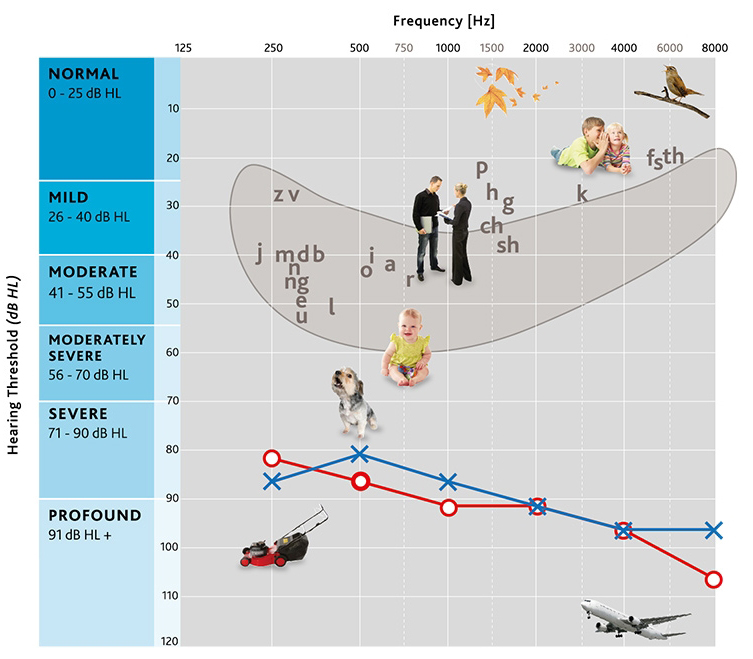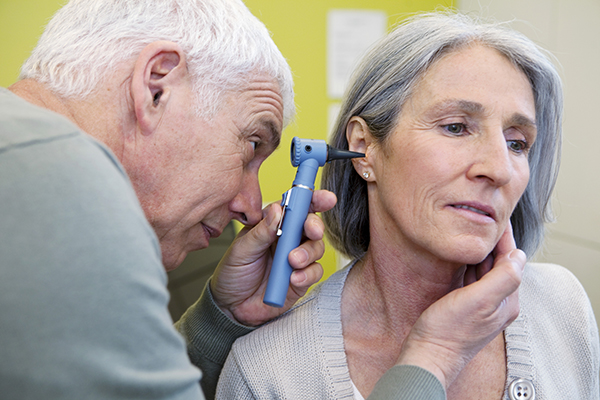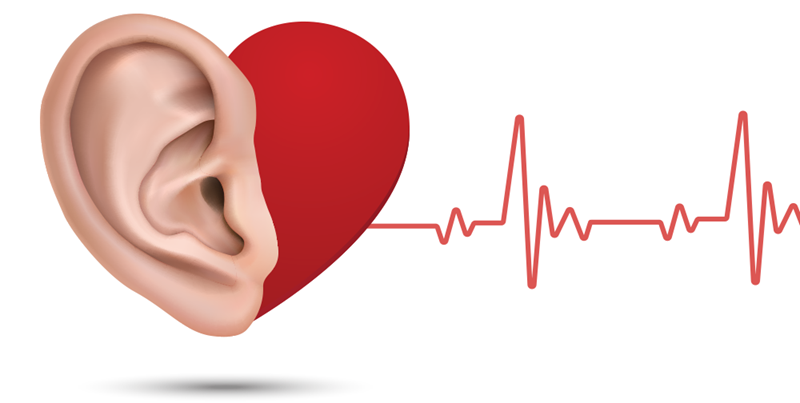-

How Well Do You Hear?
Hearing is unique to each individual and can be influenced by factors such as noise exposure, age, and medication. Hearing loss often occurs gradually but can significantly impact physical and mental well-being if left untreated. An audiogram from a pure tone test shows hearing ability, with normal hearing ranging from 0-20 dB and varying degrees of loss beyond that. Additional tests like speech-in-noise assessments may be needed to understand how background noise affects comprehension. Regular s...
-

Don't be left in the dark this Halloween!
Halloween is a night filled with excitement, but it's important to prioritize safety and awareness, especially for those who wear hearing aids. When preparing for events, consider removing hearing aids before applying face paint or hair products to avoid damage, keep ears warm without obstructing hearing, ensure hearing aids are fully charged or carry extra batteries, bring a flashlight for emergencies, and don’t forget any necessary accessories like smartphones or remote microphones. Additiona...
-

New Hearing Aid Options are Coming in 2022
The U.S. Food and Drug Administration (FDA) has issued draft guidelines for over-the-counter (OTC) hearing aids, marking a significant step toward expanding options for addressing mild to moderate hearing loss among Americans. Currently, there are three primary types of devices available: personal sound amplification products (PSAPs), prescription hearing aids, and implants such as cochlear implants or bone-anchored systems. OTC hearing aids will be self-fitting, sold without the need for a medic...
-

Over 50? This Message is for You
In September 2021, the World Health Organization (WHO) emphasized the importance of prioritizing actions to address hearing loss, which affects approximately 430 million people globally. While hearing screening for newborns and children is widespread in the U.S., there is a lack of systematic recommendations for older adults, leading to overlooked hearing health during routine screenings. Hearing loss often develops subtly and can increase the risk of dementia and social withdrawal. The WHO recom...
-

It's A Loud World: Sound Advice for Healthy Hearing
This article highlights the growing risk of hearing loss due to prolonged exposure to loud music through headphones and earbuds, particularly among adolescents and young adults. According to a 2011 study in *JAMA*, there has been a significant increase in hearing loss prevalence in this age group, attributed to unsafe listening practices. The World Health Organization estimates that 1.1 billion people globally are at risk of hearing damage from excessive noise exposure. The article emphasizes the...
-

Love Connection: The link between your heart and your ears
World Heart Day on September 29 highlights the connection between heart health and hearing, as research suggests that poor circulation can damage inner-ear structures like hair cells, leading to hearing loss. Conditions such as coronary artery disease, arrhythmias, valve issues, and heart failure may first manifest through auditory symptoms. Risk factors include age, genetics, smoking, high cholesterol, obesity, inactivity, and hypertension. Early detection of hearing changes could signal underly...




